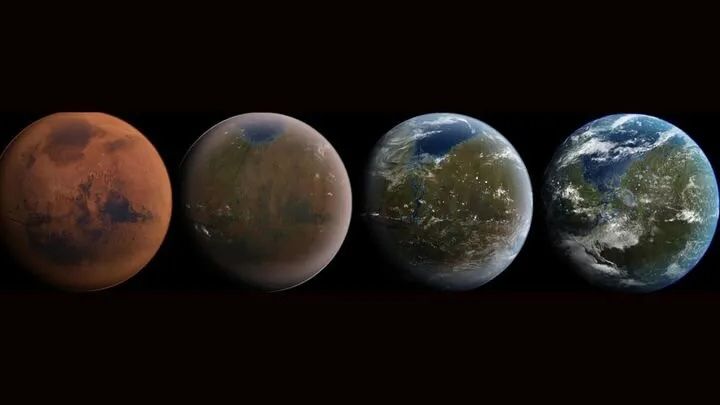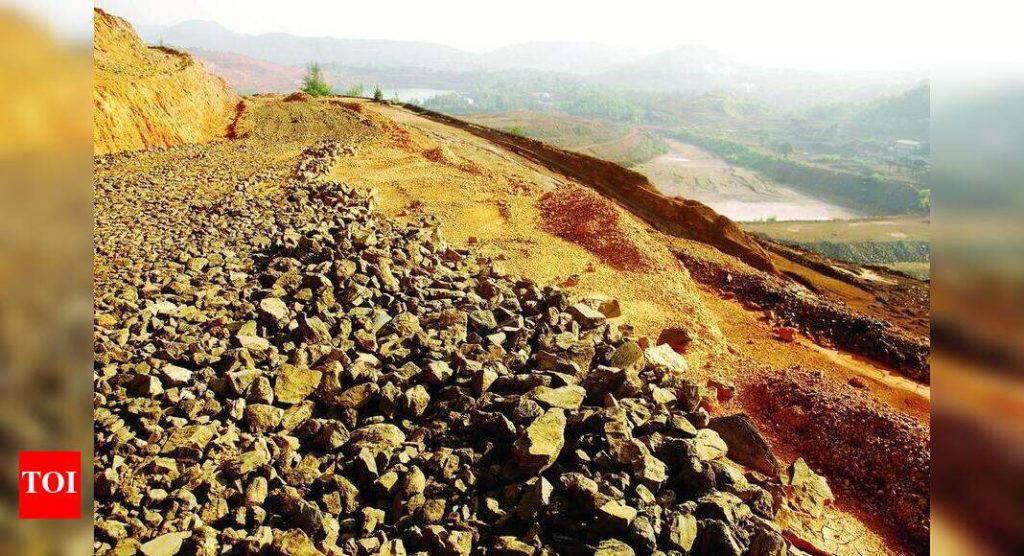Now Reading: Scientists Call for Serious Focus on Terraforming Mars
-
01
Scientists Call for Serious Focus on Terraforming Mars
Scientists Call for Serious Focus on Terraforming Mars

Swift Summary
- Scientists argue that terraforming Mars-transforming its climate to support life-is becoming a feasible concept due to advancements like SpaceX’s Starship and synthetic biology.
- The study emphasizes ethical considerations and outlines a path forward for terraforming, potentially creating habitable conditions with liquid water, oxygen, and ecosystems over centuries or millennia.
- Terraforming mars might promote planetary stewardship, extend the biosphere beyond earth, and aid technological progress that could benefit Earth’s environmental challenges.
- concerns include risks of erasing Martian history or evidence of ancient life while modifying its environment irreversibly.
- Proposed phases for terraforming involve warming Mars’ surface using techniques like solar sails or aerogel tiles; introducing engineered microbes; and gradually building a complex biosphere to sustain advanced plant and human life.
- Scientists advocate ongoing research through sample-return missions from Mars and potential small-scale experiments during upcoming surface missions in 2028 or 2031.
!Terraforming Illustration
(Image credit: Daein Ballard, CC BY-SA)
Indian Opinion Analysis
The possibility of terraforming Mars represents an enterprising intersection between science fiction aspirations and emerging scientific reality. For india-a rising space power with its own triumphant endeavors such as the Mangalyaan mission-these developments could have significant implications. Collaborative international efforts on projects involving planetary engineering may present opportunities for Indian scientists to take part in groundbreaking studies on adaptive technologies relevant both for extraterrestrial exploration and sustainability practices back on Earth.India’s vast expertise in affordable space technologies positions it uniquely to contribute innovative solutions should humanity embark on large-scale Martian experimentation. However, ethical debates surrounding irreversible damage to another planet’s natural state must resonate closely with India’s cultural emphasis on environmental preservation. Any potential participation by India should weigh these concerns alongside pragmatic goals of advancing technological frontiers for social benefits.
Given long timelines required for realizing such visions, India’s first priority may lie in strengthening its foundational research capabilities while forming key alliances within global space communities aimed at exploratory milestones like understanding Martian chemistry through sample-return missions-a crucial step mentioned by researchers.



























